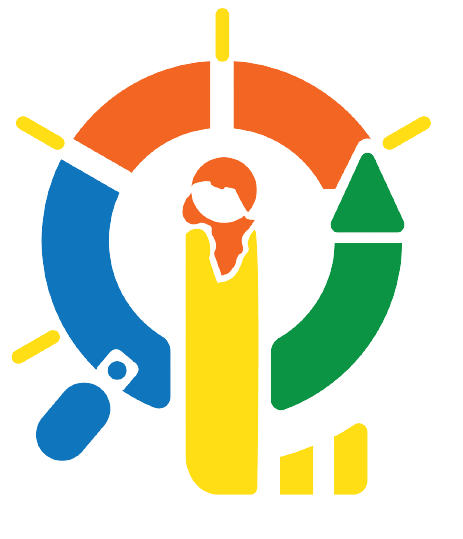Smart Agriculture
Introduction
Mitigating the quelea quelea bird menace from the cereal fields in Africa.
Description of the Challenge
The continuing drought and persistent dry season in the Horn of Africa have reduced the amount of native grass, whose seeds are queleas’ primary food source, causing the birds to increasingly invade grain fields, putting 2,000 acres (800 hectares) of rice under threat. About 300 acres of Rice fields have been destroyed by the birds. Some countries that have reported quelea bird swam directly impacting food security include Kenya, Zimbabwe, Malawi, Tanzania, Mozambique, and Namibia.
Known as the 'feathered locust', the red-billed quelea (Quelea quelea) is a major avian pest in sub-Saharan Africa's semi-arid zones. These small but mighty birds have decimated sorghum, wheat, barley, millet, and rice farms throughout Africa, as they can consume up to 10 grammes of grain daily. A single quelea can eat up to 10 grams of grain a day, according to the Food and Agricultural Organization (FAO). Farmers in western Kenya stand to lose close to 60 tonnes of grain to the birds. In 2021, the FAO estimated crop losses attributable to the birds amounted to $50m (£40m) annually.
The main controls, such
as bird scaring, harvesting, and spraying, have borne little or no benefits. Toxic
pesticides used to eradicate grain-eating quelea may also harm the country’s
endangered raptors.
This challenge aims to
develop a robust and versatile solution to address the Quelea quelea problem
while considering the environment and the ecosystem where the birds and crops
cohabit.
All legal entities individual entrepreneurs and innovators, firms, institutions and public entities in Africa.
- A cover letter of your entity
- An ethical compliance letter
One must be registered as a problem solver.
Eligibility criteria for a problem solver.
- One must be registered as a problem solver.
- One can be a startup company or a research institute.





